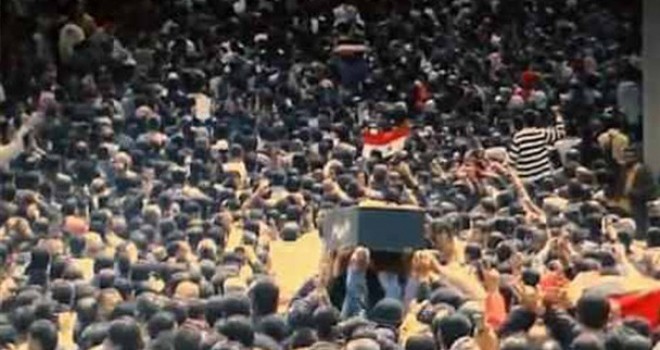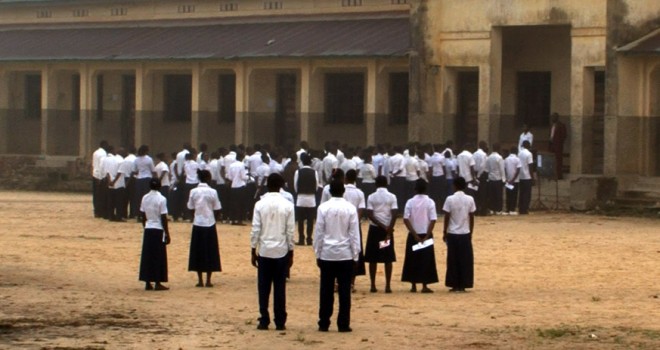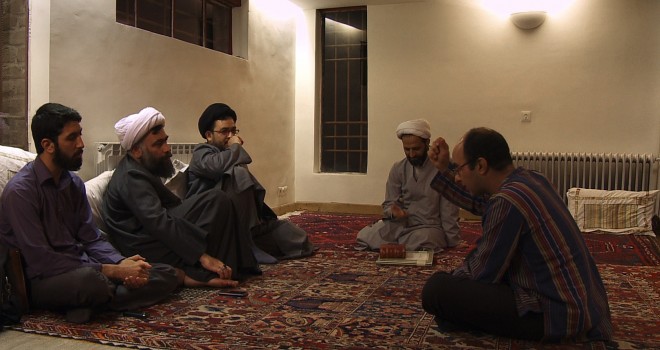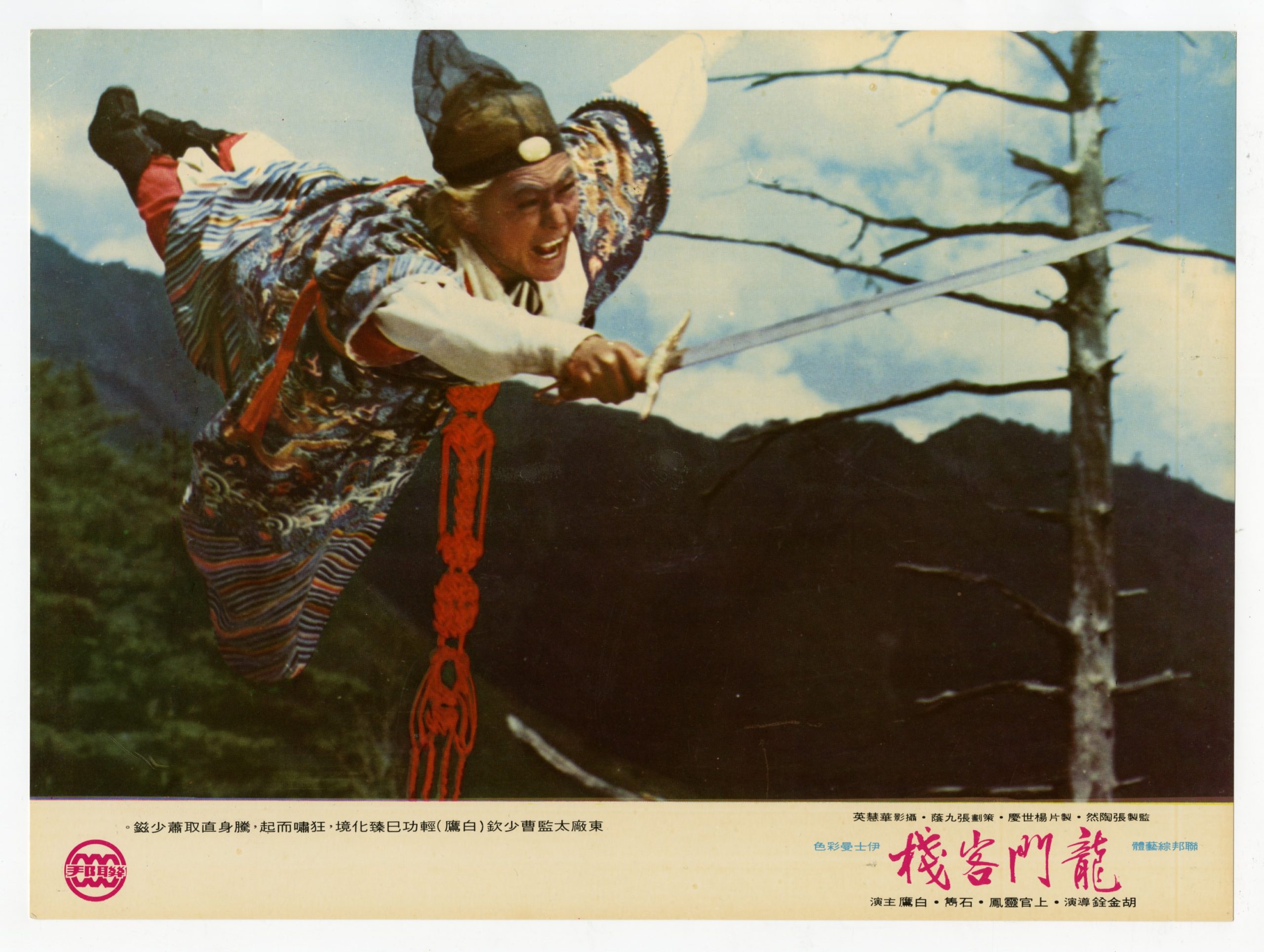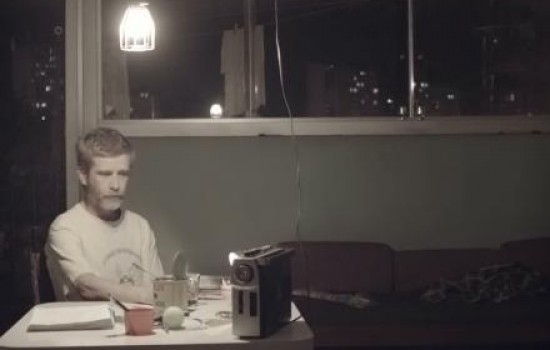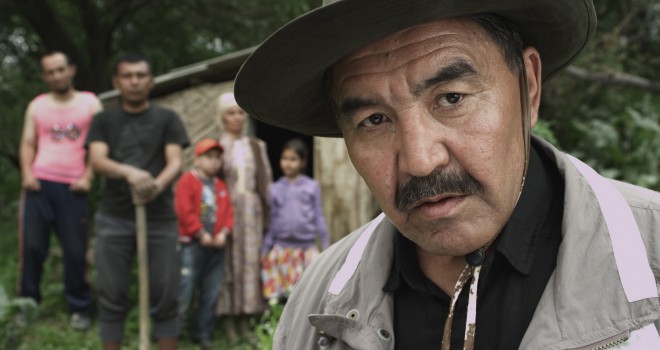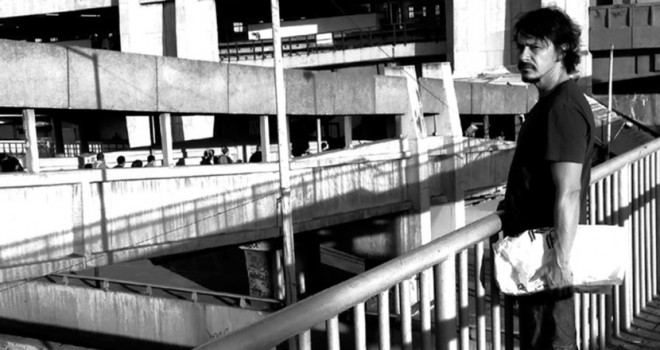Intimate: this 2014 harvest explores interiors and interiorities through different viewpoints. Not that the cinema avoids confronting a sometimes chaotic exterior, going further afield in its search for characters such as the impressive funeral mounds in the eponymous town of Zhang Lu’s Gyeongju. But this year’s films all refuse grandiloquence and declamation, preferring a degree of precision in their portrayal of human relationships, even those involving illegal transactions (Justice). Contrary to the typical patterns of run-of-the-mill film releases, the family is rarely shown as a haven of peace where re-composition creates a happy ending. It is often only partially seen (the mother and sons in the Colombian mountains of Monte Adentro, the Kazakh siblings in The Owners) and other more ephemeral groups are invented, like the ace team in Examen d’Etat. The Congolese high-schoolers thrown out of lessons for not paying the teacher’s bonus desert school to execute their “underground plan” to pass the exam.
The couple – a human chain par excellence –is the centrepiece of several films this year. And although this centre combines into different formulae, it remains precarious: not only do confusions between past and present threaten reunion after separation (Gyeongju, Hill of Freedom), but even existing couples are eroded from the inside, to the point that the heroine of Love the One You Love wonders whether a widespread conspiracy is not the sole explanation for the ubiquitous belief in love. From all angles, holding together remains a difficult thing to agree on – the result of fantasy-filled determination. The Parisian woman visiting the Dominican Republic in Sand Dollars takes what is simply a bread-and-butter trade for romance, and the protagonist of Song Of My Mother is obsessed with her mother’s complaints when thinking about her own posterity. Confrontation with the other, recognition of one’s own blockages, the dissipation of a fanciful yet strong attraction: intimate geography plays its music and its variations and suggests – not overstatedly – a universal dimension that melts away the distances between societies under our eyes. And when total destruction is in full swing, the exchange between Ossama Mohammed and Simav Bedirxan in Silvered Water reaffirms the need to sustain a thread of life amidst Syria’s current horrors. Whether it involves drawing closer together, separating from each other or making room for love in one’s life while scheming with the world (Mauro), the contact point between two subjectivities requires sensitive and creative editing, be it comical (Hill of Freedom, with its origami structure) or tenderly elegiac (As You Were, with its criss-crossing voice-overs). The idea of otherness – to be accepted and preserved as such – runs through these films, in which the private chamber is also an echo chamber for the world. A place where the subdued light forces the spectator to take a closer look and the cinema to invent further ways of giving shelter to people, their thoughts and their feelings.
Charlotte Garson & Jérôme Baron



